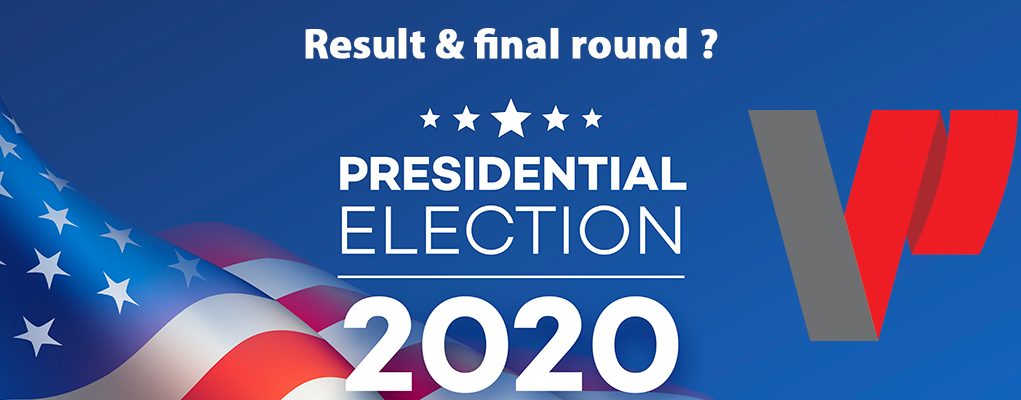While the election results are technically contested, the next president of the United States is expected to be Joe Biden.
Kamala Harris, a former U.S. senator for the state of California, is expected to be the first female, person of color to serve in the role of vice president in the entire history of the United States.
We will confirm the final results once the electoral college in the United States confirms who won the majority of electoral votes to clinch the seat for the American presidency.
This means, if the results stand, that incumbent Donald Trump, a controversial Republican politician, will lose his power at the beginning of January of 2021, giving way to a new era of policymaking in the U.S.
Biden is on record for being an advocate for a national ban on flavored vapor products with more developed regulation to curtail tobacco use among all ages. It should be noted, though, that Biden isn’t closed to the idea of a harm reduction drug recovery policy platform that can also apply to nicotine and other drugs. Biden and Harris both support nationwide marijuana legalization for recreational and medical purposes.
Tobacco harm reduction advocates and vape industry represents are expected to present a plan to the administration that seeks to reform and establish a baseline for vaping product regulation without eliminating key components to the concept of harm reduction recovery. To achieve policy that’s both equitable and balanced, as Harris puts it in previous statements, there will be a perogative in future discussions that consider the various aspects to regulating smoke-free and tobacco-free inhalants.
During his tenure, President Trump was a “mixed bag” for the industry. While supporting vaping as a potential public health tool was a part of Trump’s tobacco regulation toolbox, he did do things that made matters worst for the industry. For instance, Trump appointed political heads of agencies that were demonstrably anti-vaping for a variety of justified and unjustified reasons.
Former Food and Drug Commissioner Scott Gottlieb, for example, is on the record for recognizing the potential harm minimization characteristics of smoke-free tobacco products like vapes and oral snus. He did, though, buy into the disputed theory that vape manufacturing companies distribute and market flavored vaping products directly to children. This was disproven many times by outside academics, but it aided the agency’s justified effort to contain the epidemic of youth vaping that swept the United States.
Trump also appointed Surgeon General Jerome Adams, a public health official who has lost much of his credibility by conflating vaping, nicotine use, and other types of recreational substance abuse into a new call to arms in the war on drugs. One of the more direct issues linked to Trump, though, is the trade war he initiated with China—the world’s leading exporter of vape devices and components. Tariffs implemented on ion battery cells, semiconductors, other electrical components, coils, and manufacturing equipment raised the prices in the format of a border tax for import into the United States. The U.S. is the world’s largest vape market, by comparison.
Biden’s presidency doesn’t mean that things will be any better for vape producers and manufacturing firms. In fact, things could be more restrictive from a domestic policy point of view. Biden, however, could recover national losses from the Trump-China instigated trade war by dropping tariffs and repairing trade relations.
The one thing that people are not recognizing with Biden, though, is his very liberal stance on drug legalization policy. Much of what vaping advocates lobby for coincides with many of the arguments in favor of marijuana legalization and commercialization. If advocates can effectively model messaging and policy recommendations to these types of metrics, nicotine vaping specifically could have it’s day in the sun again with a president who’s potentially open to harm minimization science from a general public health perspective.
This story will be updated to reflect final electoral college projections and to offer a breakdown of the coming round of litigation and ballot recounting demands.












